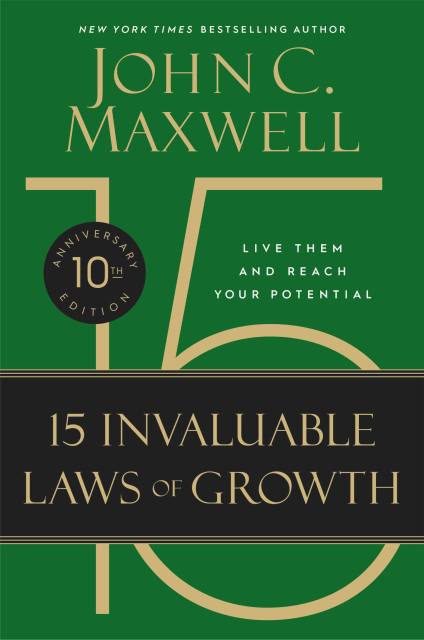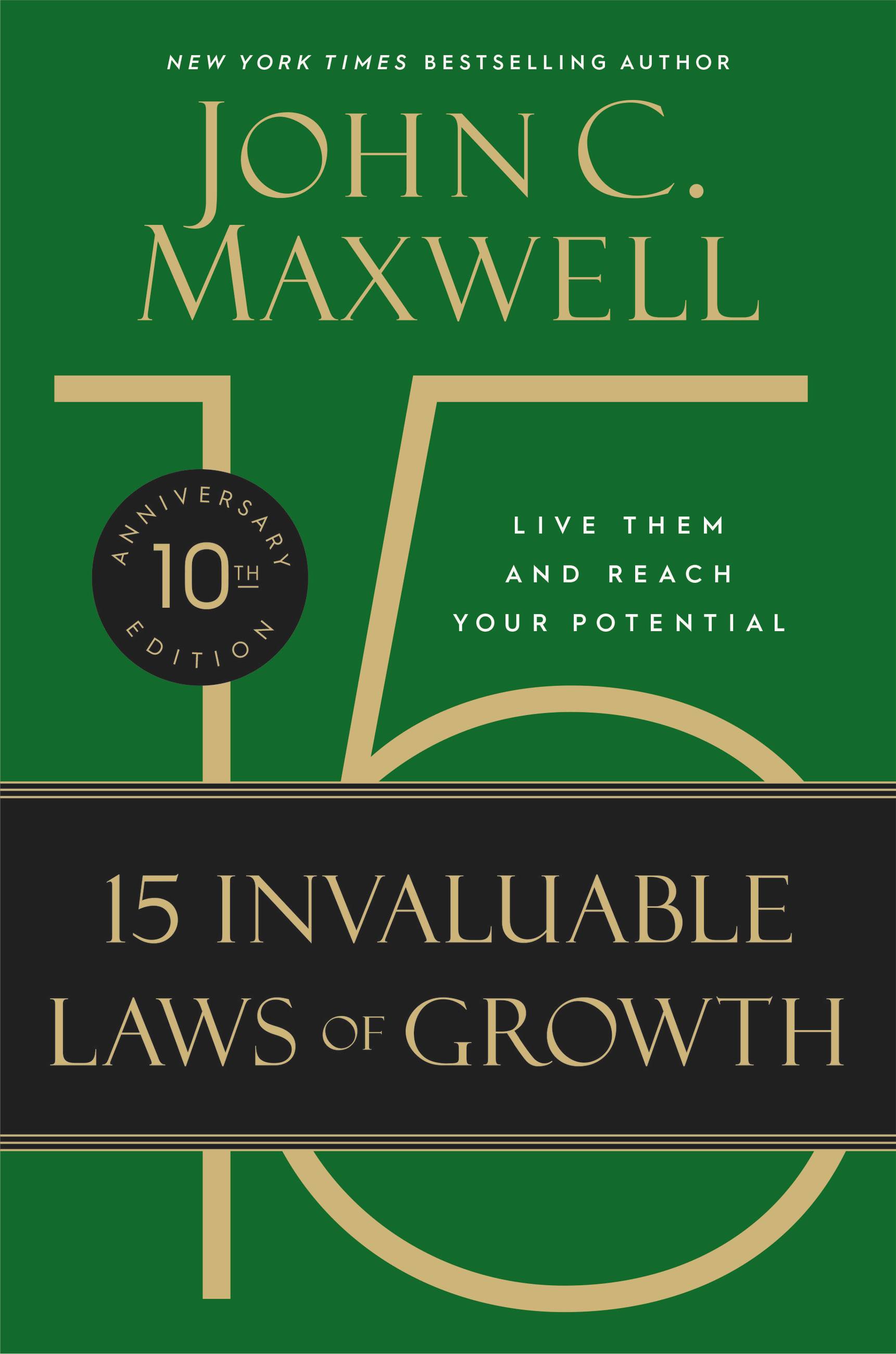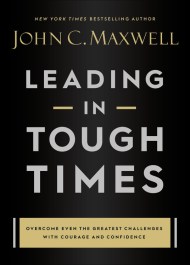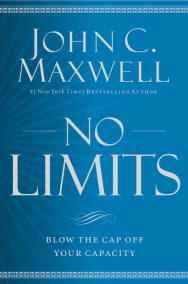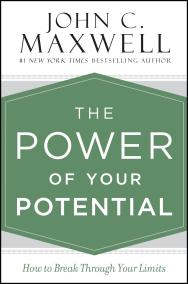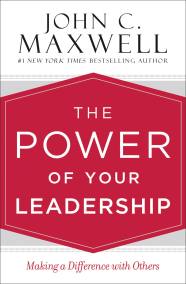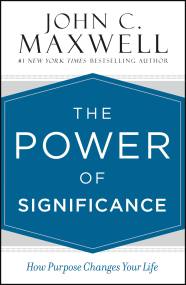By clicking “Accept,” you agree to the use of cookies and similar technologies on your device as set forth in our Cookie Policy and our Privacy Policy. Please note that certain cookies are essential for this website to function properly and do not require user consent to be deployed.
The 15 Invaluable Laws of Growth
Live Them and Reach Your Potential
Contributors
Formats and Prices
- On Sale
- Oct 2, 2012
- Page Count
- 288 pages
- Publisher
- Center Street
- ISBN-13
- 9781455518210
Price
$11.99Price
$15.99 CADFormat
Format:
- ebook $11.99 $15.99 CAD
- ebook (Special Edition) $15.99 $20.99 CAD
- ebook (Spanish) $9.99 $12.99 CAD
- Hardcover (Special Edition) $29.00 $37.00 CAD
- Hardcover (Large Print) $30.00 $39.00 CAD
- Audiobook Download (Unabridged) $24.99
- Trade Paperback $19.99 $25.99 CAD
- Trade Paperback (Spanish) $18.99 $24.99 CAD
This item is a preorder. Your payment method will be charged immediately, and the product is expected to ship on or around October 2, 2012. This date is subject to change due to shipping delays beyond our control.
Buy from Other Retailers:
In this inspiring guide to successful leadership, New York Times bestselling author John C. Maxwell shares his tried and true principles for maximum personal growth.
Are there tried and true principles that are always certain to help a person grow? John Maxwell says the answer is yes. He has been passionate about personal development for over fifty years, and for the first time, he teaches everything he has gleaned about what it takes to reach our potential. In the way that only he can communicate, John teaches . . .- The Law of the Mirror: You Must See Value in Yourself to Add Value to Yourself
- The Law of Awareness: You Must Know Yourself to Grow Yourself
- The Law of Modeling: It's Hard to Improve When You Have No One But Yourself to Follow
- The Law of the Rubber Band: Growth Stops When You Lose the Tension Between Where You are and Where You Could Be
- The Law of Contribution: Developing Yourself Enables You to Develop Others
-
Millions of individuals--myself included--have been inspired by the words and works of John Maxwell. Now, in The 15 Invaluable Laws of Growth, John again shares his remarkable insights and wisdom into how each of us can reach our full potential and make a positive difference in the lives of others.Elizabeth Dole, former U.S. Cabinet Secretary, Senator and President of the American Red Cross, on The 15 Invaluable Laws of Growth
-
I salute John Maxwell for being a pioneer for leadership throughout the world. In his most recent book, he has successfully distilled the 15 most invaluable laws for personal growth. To read this book is to receive the essence of John's expertise, which will help you take your personal success to the next level.Stedman Graham, speaker, author and entrepreneur, on The 15 Invaluable Laws of Growth
-
As a coach and leader, I am always looking for way to teach my players how to grow. Thanks to my good friend John Maxwell, you hold in your hands the instruction manual for taking next steps of growth. Embracing these laws will cause you to grow individually and in your contribution to those around you. This book is a must-read for anyone responsible for helping others to grow.John Calipari, Head Basketball Coach at the University of Kentucky, on The 15 Invaluable Laws of Growth
-
John has been a mentor and teacher for me for many years and what I love most about him is that he has pushed and helped me personally go through The 5 Levels of Leadership!Kevin Turner, COO, Microsoft, on The 5 Levels of Leadership
-
John Maxwell's books have been required reading for my leadership team for years. I can't think of anyone better at distilling decades of leadership experience into practical, approachable principles that anyone can apply at any level of leadership.Dave Ramsey, host of The Dave Ramsey Show and best-selling author of The Total Money Makeover, on The 5 Levels of Leadership
Newsletter Signup
By clicking ‘Sign Up,’ I acknowledge that I have read and agree to Hachette Book Group’s Privacy Policy and Terms of Use
